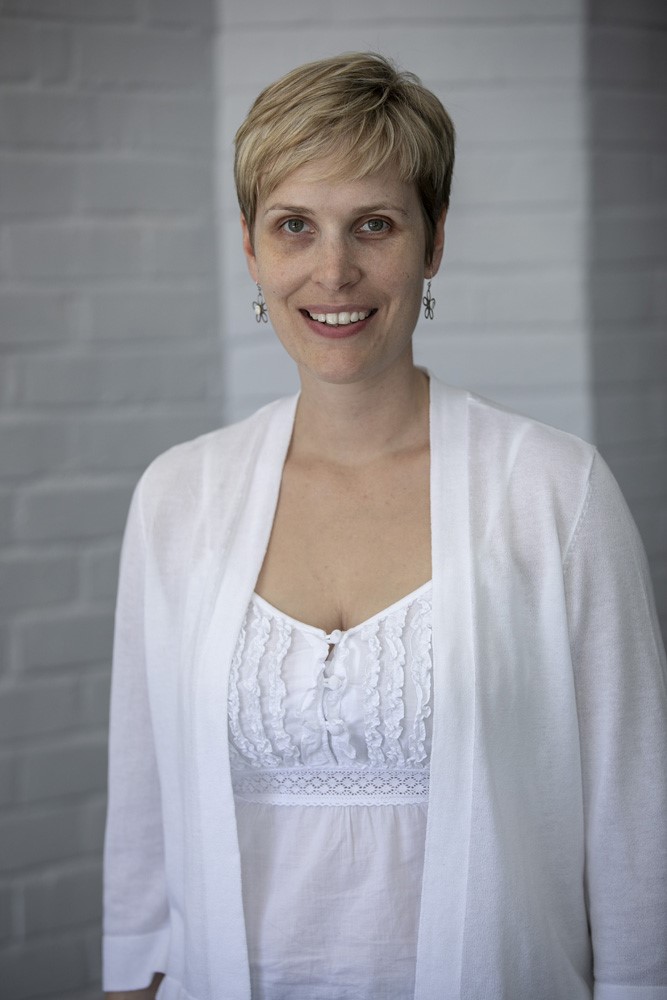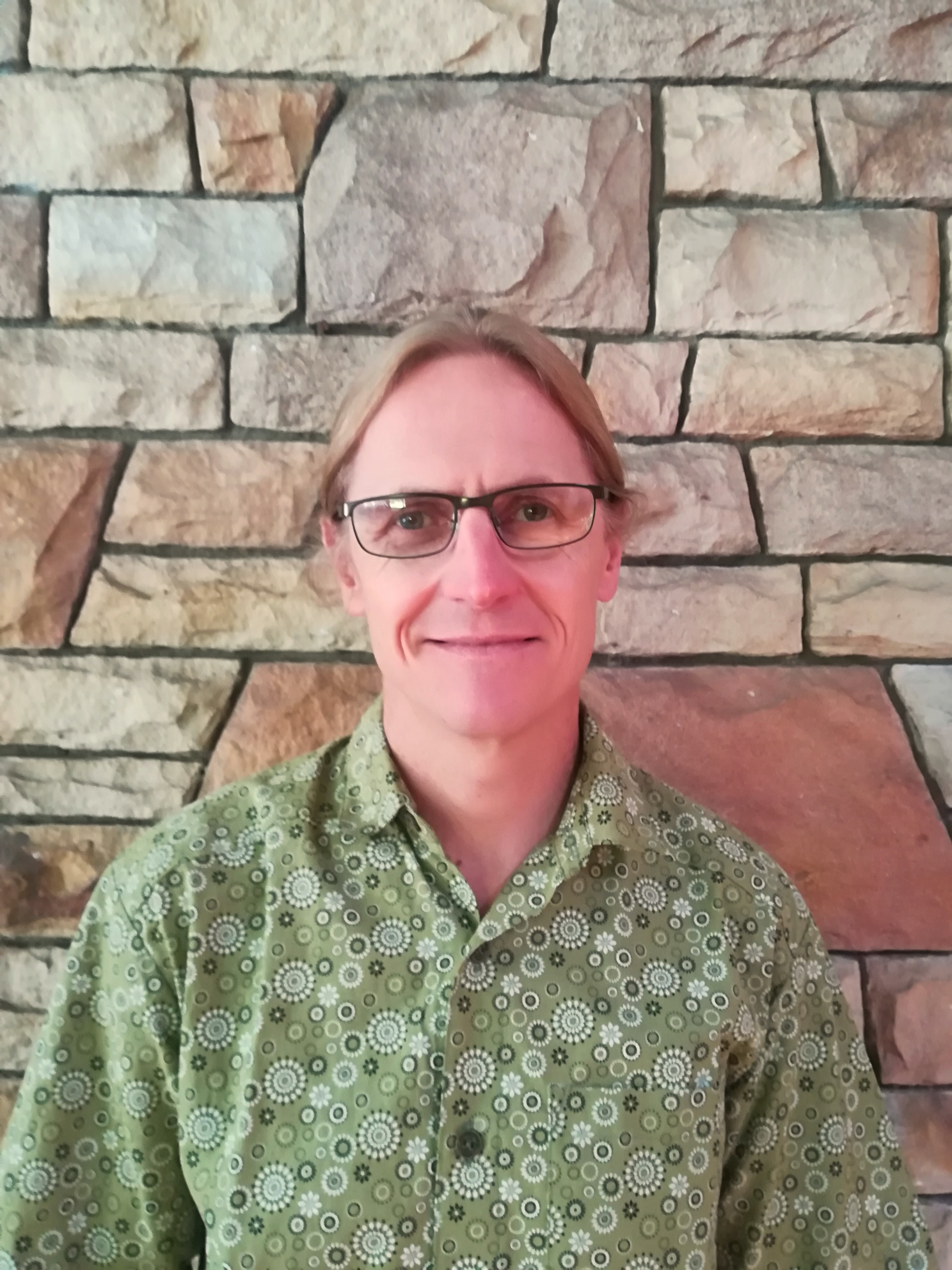Article Summary by Michelle Botha and Brian Watermeyer
This paper explores ideas about disability, identity and belonging in the context of post-apartheid South Africa. The first author (MB) reflects on the intersection of disability, gender, race and language in her experience. The paper revolves around MB’s recollection of her first year of primary school which saw her moving from an inclusive school setting into a special school for visually impaired learners. This was an experience of not only moving into a space designated for disabled people, but transgressing the racialised spatial boundaries upon which apartheid’s system of institutionalised racism relied. Taking place in 1994, as apartheid was being legally (if not actually) dismantled, MB tries to capture the ways in which this backdrop shaped (and continues to influence) her sense of self and place.
The authors (MB and BW) draw on other autoethnographic work by visually impaired scholars which explores ideas about belonging and displacement, notably, Michalko’s (2002) reflections on ‘homeland’. They also comment on a ways in which Disability Studies and Critical Race Studies have tended to miss one another, and discuss a problematic tendency in work on intersections of disability and race to conflate experiences of disablist and racialised oppression.
The paper offers a reflection on how apartheid racism operated through relying on anxious fantasies of otherness and the projection of negative characteristics onto Black persons. The authors consider the ways in which this legacy continues to influence the place that persons with disabilities in South Africa are able (or not able) to claim. They also consider the ways in which disability disrupts simplistic identity categories, through reflecting on the intersection of privilege and marginality in MB’s experience.
Read the article on the Medical Humanities Journal website: https://mh.bmj.com/content/47/1/4.info
 Dr Michelle Botha’s research interests are closely connected to her experience as a woman and a person with a disability as well as her ongoing involvement in activism and the Non-profit disability service sector in South Africa. During her undergraduate studies, majoring in Gender Studies, History and English Literature, she developed a keen interest in Critical Disability Studies exploring the social and discursive operation of disablism and related issues of disability identity. She completed a M.Soc.sci in Gender Studies with a dissertation focused on the complex lived experiences of women with disabilities. Her research remains influenced by Critical and African Feminist perspectives as well as work in Feminist Disability Studies. She has recently completed a PhD in Disability Studies at the University of Cape Town which focuses on issues of disability, rehabilitation, identity and inequality in South Africa.
Dr Michelle Botha’s research interests are closely connected to her experience as a woman and a person with a disability as well as her ongoing involvement in activism and the Non-profit disability service sector in South Africa. During her undergraduate studies, majoring in Gender Studies, History and English Literature, she developed a keen interest in Critical Disability Studies exploring the social and discursive operation of disablism and related issues of disability identity. She completed a M.Soc.sci in Gender Studies with a dissertation focused on the complex lived experiences of women with disabilities. Her research remains influenced by Critical and African Feminist perspectives as well as work in Feminist Disability Studies. She has recently completed a PhD in Disability Studies at the University of Cape Town which focuses on issues of disability, rehabilitation, identity and inequality in South Africa.
Michelle also has experience working in the disability non-profit service sector in the area of career development for youth with disabilities. This work entails close engagement with government and the corporate sector around their disability employment challenges as well as providing work readiness training, mentorship and other support to job-seekers with disabilities. Currently, she serves on the board of the Western Cape Network on Disability and was elected Vice Chairperson in 2019. She also serves on the board and is a founding member of WINN, an emerging disability NPO working in the disability employment space.
 Dr Brian Watermeyer trained as a clinical psychologist (M.A. {Clin. Psych.}) at UCT, before completing a doctorate in psychology (D. Phil), focusing on disability studies, at Stellenbosch University. He was first editor of South Africa’s first major text in disability studies, entitled Disability and Social Change: A South African Agenda, published in 2006 (HSRC Press). His second book, Towards a Contextual Psychology of Disablism, was published internationally by Routledge in 2013. His most recent book is The Palgrave Handbook of Disability and Citizenship in the Global South (New York: Palgrave), edited by B. Watermeyer, J. McKenzie and L. Swartz (2019). Dr Watermeyer has an extensive list of international journal publications, book chapters, and media appearances as a disability scholar and activist. He teaches on postgraduate programmes in disability and clinical psychology, as well as guest lecturing in medicine and rehabilitation science.
Dr Brian Watermeyer trained as a clinical psychologist (M.A. {Clin. Psych.}) at UCT, before completing a doctorate in psychology (D. Phil), focusing on disability studies, at Stellenbosch University. He was first editor of South Africa’s first major text in disability studies, entitled Disability and Social Change: A South African Agenda, published in 2006 (HSRC Press). His second book, Towards a Contextual Psychology of Disablism, was published internationally by Routledge in 2013. His most recent book is The Palgrave Handbook of Disability and Citizenship in the Global South (New York: Palgrave), edited by B. Watermeyer, J. McKenzie and L. Swartz (2019). Dr Watermeyer has an extensive list of international journal publications, book chapters, and media appearances as a disability scholar and activist. He teaches on postgraduate programmes in disability and clinical psychology, as well as guest lecturing in medicine and rehabilitation science.